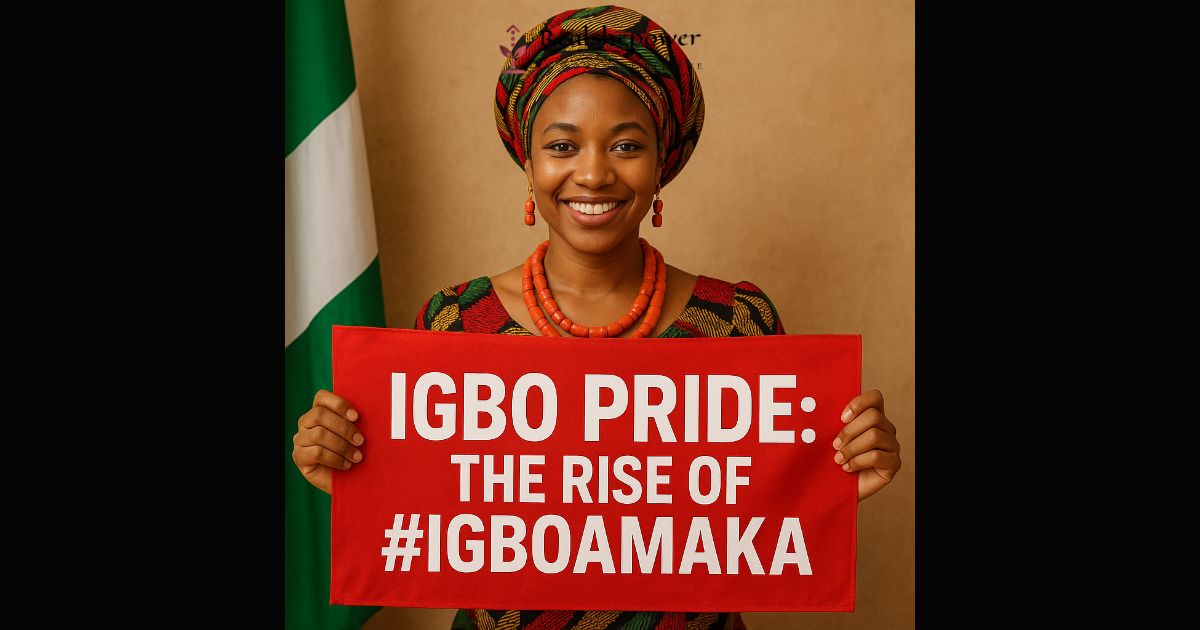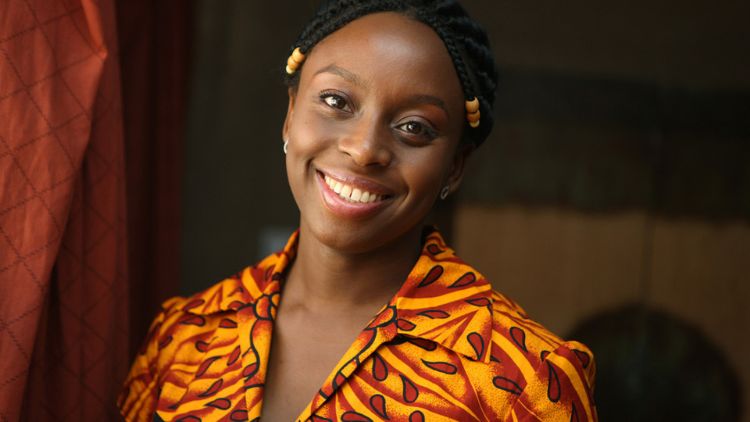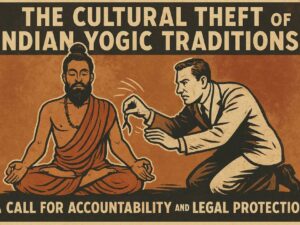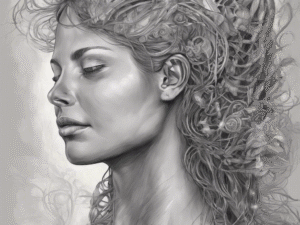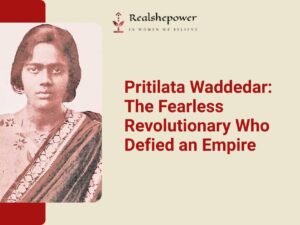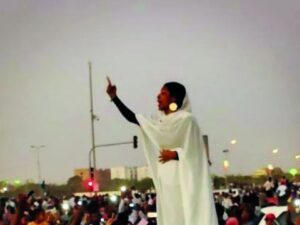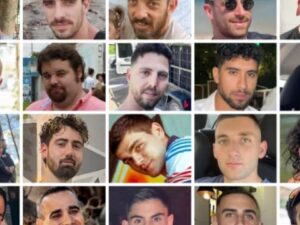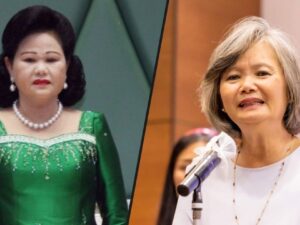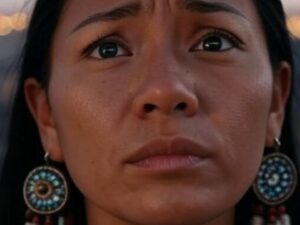Imagine a conversation around a crackling bonfire in a bustling Lagos market, or perhaps in a sleek New York café where diaspora voices mingle with the hum of city life. The air thickens with laughter, sharp debates, and the rhythmic strum of an ogene drum echoing from someone’s phone. “Igbo amaka!” someone exclaims—Igbo is good!—and heads nod in agreement, while others lean in, eyes narrowing: “But is this pride a shield or a sword?” This is the pulse of #Igboamaka, a hashtag that’s more than a trend; it’s a rallying cry for cultural revival, a spark in African discussions that’s igniting shoutouts of joy and surprises of rediscovery. In this article, we’ll weave through history’s scars and triumphs, unpack the nuances of what it means to be Igbo today, and let voices from across the spectrum debate the beauty and burdens of this unyielding pride. Buckle up—it’s a journey that’s as engaging as a village kola nut ceremony, where every story shared reveals layers of wisdom, wit, and wonder.
Roots of Resilience: The Historical Forge of Igbo Identity
Let’s start at the beginning—or as close as archaeology and oral lore can take us. Picture the lush, riverine landscapes of southeastern Nigeria around the 9th century AD. At sites like Igbo-Ukwu, excavators unearthed bronze artifacts so intricate—a rooster-headed staff, elaborate ceremonial vessels—that they stunned the world. These weren’t crude relics; they were masterpieces rivaling those from distant empires, hinting at a sophisticated society with trade links stretching to the Mediterranean. Here, in the heart of what we now call Igboland, the Igbo people forged an identity rooted in Omenala—the customs and traditions that emphasize communal harmony, ingenuity, and spiritual depth.
But history isn’t a fairy tale; it’s a battlefield. Fast-forward to the 15th century: Igbo communities thrived as decentralized republics, governed not by kings but by councils of elders (Umunna) and age-grade systems that distributed power equitably. Women, far from sidelined, wielded influence through groups like the Umuada (daughters of the lineage), who could veto male decisions and mediate disputes. This fluidity—where gender roles bent to social needs—challenged rigid hierarchies elsewhere in Africa. Yet, the transatlantic slave trade shattered this world. Between 1650 and 1900, an estimated 1.8 million Igbo were forcibly shipped across the Atlantic, their stories etched into the soil of the Americas. In Jamaica, the 1803 Igbo Landing stands as a defiant legend: Enslaved Igbo, facing auction in Georgia, USA, marched into the sea chanting, “The water spirits will take us home,” choosing death over bondage. It’s a tale of unbreakable spirit that still echoes in Gullah Geechee folklore, where “Red Ibo” describes fair-skinned descendants, and Igbo words like unu (you plural) linger in Patois.
Colonialism added insult to injury. British indirect rule lumped diverse Igbo subgroups into a monolith, eroding dialects and imposing Christianity that clashed with Odinani, the indigenous faith revering Chineke (the creator god) and ancestral spirits. By the 1960s, post-independence Nigeria’s ethnic tensions boiled over. The 1966 pogroms—anti-Igbo massacres in the north—claimed over 30,000 lives, driving two million Igbo back south. Enter Dim Chukwuemeka Odumegwu Ojukwu, the Oxford-educated military officer whose 1967 declaration of Biafra birthed a republic—and a three-year war that starved a generation, killing up to three million, mostly from famine. Ojukwu’s famous 1969 speech—”We are not expansionists… We are simply resisting extinction”—crystallized Igbo pride as survival, not supremacy.
Around the fire, an elder might interject: “That war? It wasn’t just bullets; it was a test of Onye Igbo—the Igbo person’s innate drive to rebuild.” Indeed, post-1970, Igbos returned penniless (a infamous “£20 policy” capped bank withdrawals) yet rebuilt economies from scratch. Aba’s textile markets and Onitsha’s commerce hubs became symbols of this phoenix-like rise. But is this history a badge of honor or a lingering wound? As one X user pondered recently, “Igbo pride isn’t arrogance; it’s armor forged in fire.” The debate crackles: Does romanticizing resilience gloss over the trauma, or does it fuel the very strength that defines Igbo identity?
The Essence of #Igboamaka: What Does ‘Igbo Is Good’ Really Mean?
Now, lean in closer—#Igboamaka isn’t just a phrase; it’s a mantra, translating to “Igbo is good” or “Igbo excellence.” Coined in Igbo proverbs and amplified on social media, it celebrates the multifaceted Igbo spirit: entrepreneurial flair, rhythmic highlife music, and a cosmology where the supreme Chineke coexists with earth goddesses like Ala (the land deity enforcing moral order). At its core, it’s about Ozoemena—self-assured dignity without apology.
Culturally, Igbo life pulses with festivals like Iri Ji (New Yam Festival), where communities offer first harvests to Ala in gratitude, blending spirituality with feasts of pounded yam and egusi soup. Music and dance? Think the symphonic beats of ogene drums and ogene flutes in Mmanwu masquerades, where spirits dance to resolve earthly conflicts. Fashion shouts identity too: Coral beads from Nsukka, red caps from Onitsha, and akwete cloth woven by women, symbolizing status and unity in weddings where fabrics like George wrapper signify respect and alliance.
Yet, nuance creeps in. Igbo society, often painted as egalitarian, has hierarchies—title systems like Ozo for men of achievement, or Lolo for women—that reward merit but can exclude the poor. Gender dynamics? Empowering on paper (Umuada veto power), but modern critics point to practices like bride price as commodifying women, sparking X threads: “Igbo culture protects girls, but some ‘Omenala’ is just family bias,” one user argued. Another countered, “It’s not patriarchy; it’s balance—Igbo men empower queens if treated as kings.” The discussion heats up: Is #Igboamaka a pure celebration, or does it demand reckoning with evolutions, like how Christianity has reshaped Odinani into hybrid faiths?
Globally, Igbo pride manifests in diaspora triumphs. From Chimamanda Ngozi Adichie’s novels weaving Igbo proverbs into feminist narratives to Kelechi Iheanacho’s facial dots honoring his roots on soccer pitches, it’s a quiet revolution. But surprises abound: In 2025’s Igbo Heritage Celebration in Lagos, attendees from Brazil—descendants of enslaved Igbo—shared DNA stories, revealing “white” Americans tracing roots to Igbo Landing via ancestry tests. “I thought I was Irish,” one recounted on X, “but my blood sings Igbo amaka.” Around our imagined fire, a young voice chimes: “These shoutouts? They’re bridges, not borders—proving Igbo spirit knows no chains.”
Echoes in the Digital Drumbeat: Shoutouts, Surprises, and Social Media Sparks
Fast-forward to November 2025: #Igboamaka is trending, not as a fleeting meme, but a cultural wildfire. On X (formerly Twitter), posts flood in—videos of Aba-made outfits dominating Nigerian streets (“90% of your clothes? Igbo ingenuity!”), covers of highlife legends like Chief Osita Osadebe, and tributes to Ojukwu on his posthumous birthday: “Ikemba lives in our hearts—fearless, principled.” Shoutouts pour from unlikely corners: A Yoruba user jokes, “We’re culture vultures loving that New Yam Festival vibe in Ondo—Igbo amaka colonizing us!” Even global scents get Igbo-fied, with perfumes evoking “heritage in a bottle” to combat fading folktales.
Surprises? Plenty. In the U.S., the Council of Igbo States in Americas (CISA) hosts “Igbo Village” fiestas, where African Americans with Igbo DNA undergo naming ceremonies, bonding over palm wine and jollof debates. TikTok blends Uli body art (ancient Igbo tattoos symbolizing life’s journey) with modern twists, going viral under #IgboAmaka. But the feed isn’t all rosy. Patterns emerge: Igbo weddings trend with “Igbo love” effusions, only for backlash labeling traditions “misogynistic.” “Why the envy?” a post queries. “Igbos rebuild after war; now we’re ‘too proud’?” Diaspora kids, like one British-Nigerian reflecting, “I wasn’t Igbo enough growing up—now #Igboamaka pulls me home,” highlight the pull of digital roots.
The debate flares: Is social media amplifying authentic pride or commodifying it? One side cheers the unity—”Igbo books sparked my love; let’s teach our kids the language!” —while skeptics warn of materialism eroding communal values: “Money’s the new benchmark; where’s the old Ozoemena?” In African discussions, it’s a mirror: Yoruba culture’s global shine (think Afrobeats) inspires Igbo counters like highlife revivals, but envy simmers—”They overshadow us,” some whisper, only for replies to boom: “Lean into fair competition; Igbo prowess is infectious!”
Current Currents: Pride in a Fractured Nigeria and Beyond
Today, Igbo pride navigates Nigeria’s tightrope. Economically, Igbos dominate trade—Aba’s “China of Africa” exports knockoffs worldwide, fueling debates: “Without Igbo, Nigeria goes naked!” Politically? Marginalization lingers—no Igbo president since creation, pogroms’ echoes in “unknown gunmen” clashes, and calls for Nnamdi Kanu’s release. Yet, figures like Peter Obi embody quiet power: “Ojukwu’s conviction inspires equity,” he tweeted, urging unity without bitterness.
Globally, the diaspora—over five million strong—thrives in tech hubs like Houston and London’s finance scenes, sending remittances that dwarf aid. Surprises multiply: In Cameroon and Equatorial Guinea, Igbo minorities preserve dialects, while Brazil’s Igbo descendants host Iri Ji with samba twists. Challenges? Language erosion—only 20% of youth speak fluent Igbo—and stereotypes of “arrogance.” “We reclaimed ‘Igbo amaka’ from hate,” a user notes, “but now it’s trendy—cool, but let’s keep it real.”
The fire dims as voices harmonize: Pride isn’t zero-sum. In Bayelsa, Sagbama locals speak Igbo, tracing ancient migrations—”We’re all threads in Africa’s loom,” one says. Writers like Chimeka Garricks insist: “Centering Igbo in stories is urgency, not vanity—lest gods blame us for silence.”
Kindling the Flame: Why #Igboamaka Matters Now
As embers glow, the circle agrees: Igbo pride, with its shoutouts and surprises, isn’t just African—it’s a blueprint for decolonizing joy. In a world of eroding identities, #Igboamaka whispers (and sometimes shouts): Reclaim, rebuild, revel. But the nuance? It’s in the tension honoring scars without wallowing, celebrating without gatekeeping. Will it unite or divide? Only time and more bonfire talks So, reader, pull up a log. What’s your take on this Igbo fire? Drop it in the comments; let’s keep the debate dancing. Igbo amaka—may it light paths for all.

